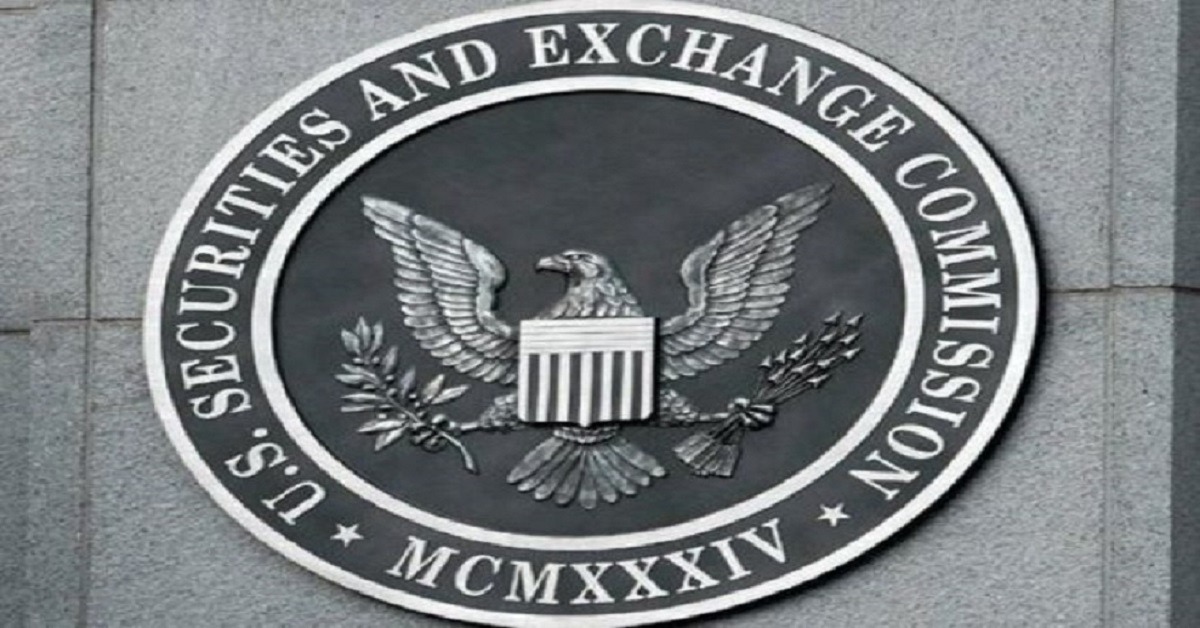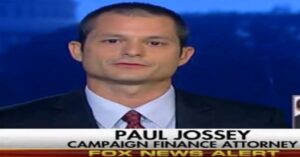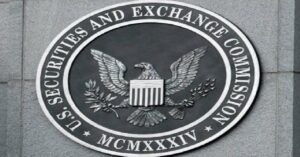SEC kills crypto
The crypto world is recoiling under massive headwinds. Regulatory uncertainty and the current market downturn, including the spectacular crash of TerraUSD, has left the industry reeling. But while market corrections can shakeout unworthy projects and redirect capital more efficiently, unclear guidance about the rules is intransigent. Myopic federal guidance, particularly from the Securities and Exchange Commission (SEC) has hamstrung crypto development for years and hopes for a resolution exist but seem dim. Now the SEC kills crypto.
It didn’t have to be this way.
Four years ago this week, SEC Corporation and Finance Director Bill Hinman spoke at a San Francisco crypto summit and offered a path forward. Recognizing the emerging industry’s potential entanglement with securities laws, Hinman asked, “Can a digital asset that was originally offered in a securities offering ever be later sold in a manner that does not constitute an offering of a security?”
He tentatively said yes, if the project was sufficiently decentralized. “If the network on which the token or coin is to function is sufficiently decentralized – where purchasers would no longer reasonably expect a person or group to carry out essential managerial or entrepreneurial efforts – the assets may not represent an investment contract [security].”
Hinman halted the SEC killing crypto
Developers rejoiced dubbing his remarks the “Hinman Test.” Decentralization can be a messy concept that needs further clarity. But Hinman seemed to offer a way forward that captured crypto’s peer-to-peer ethos while prosecuting fraud.
Four years hence, crypto’s rules are less certain than ever and Hinman’s words are the subject of a vicious legal battle. The hope for a straightforward regulatory pathway for crypto is all but forgotten.
Even amid Hinman’s speech, then-SEC Chair Jay Clayton’s tenure lacked focus. A year after the Hinman Test, the SEC produced further crypto “guidance” so impenetrable Commissioner Hester Peirce likened it to a Jackson Pollock painting. Clayton also greenlit the Ripple/XRP litigation on his last day, which has become the SEC’s most arduous crypto battle.
Current Chair Gary Gensler has replaced Clayton’s vacillation with outright hostility. Gensler has unleashed a torrent of legal actions against crypto project developers like LBRY and doubled down on the Ripple case,projects with happy user bases and no hint of fraud. He’s called for plenary authority over crypto and hired scores more attorneys to evaluate each project under the vague and famously malleable Howey test. And he’s threatened virtual marketplaces like Coinbase, while forcing BlockFi and Celsius into fines and settlements to avoid protracted legal battles.
Gensler’s SEC kills crypto
Cynics claim Gensler’s “enforcement only” approach and attendant industry ire is worth the trouble to bolster his profile for ever higher government posts. Regardless of motivation, the results have immensely damaged this century’s most promising technology.
Observers inside and outside the Commission have offered alternatives to the Clayton-Gensler quagmire. Commissioner Peirce has suggested a regulatory sandbox. Academics have offered various solutions including a state-led regime. Senators Kirsten Gillibrand (D-NY) and Cynthia Lummis (R-WY) proffered a legislative solution. None seem likely to be enacted soon.
For now, the judiciary offers the only refuge from the SEC’s regulatory onslaught. Ripple along with individual defendants Brad Garlinghouse and Christian Larsen have cornered the SEC into unforced errors and shifting justifications as discovery battles intensify before trial.
Ripple case shows SEC crypto hostility
Most prominently, the SEC’s turn from Hinman’s speech and the SEC’s unwillingness to reveal the intra-office machinations surrounding it has begot Amber Heard-like court performances. Magistrate Judge Sarah Netburn has grown increasingly frustrated with the SEC’s obduracy.
At one point during a hearing last week she sarcastically directed the SEC lawyer to pull up the speech and explain which parts were Hinman’s personal opinion and which were SEC policy, as the commission darts to-and-fro to avoid yielding information to opposing counsel.
Ripple has the resources to fight a protracted battle that may end at the Supreme Court. The Commission rarely faces spirited opposition, as years-long investigations followed by expensive litigation crush adversaries well before a ruling on the merits.
SEC is losing Ripple crypto case
For once the SEC seems to have the losing hand and not just in the Ripple litigation. Mr. Gensler’s reportedly abrasive style has caused a mass exodus of top-level personnel. The Fifth Circuit recently ruled its administrative law judge system of adjudication that denies defendants a federal court venue is unconstitutional in certain circumstances.
For the crypto world building the next generation economy, the SEC’s troubles are its gain. The industry should use the Crypto Winter to exert maximum pressure on Gensler. Reviving the Hinman Test – and actually applying it consistently – would be a start.
By Jossey PLLC This piece originally appeared in Real Clear Markets on July 29, 2022, https://www.realclearmarkets.com/articles/2022/07/29/the_secs_enforcement_only_approach_existentially_threatens_crypto_844881.html








